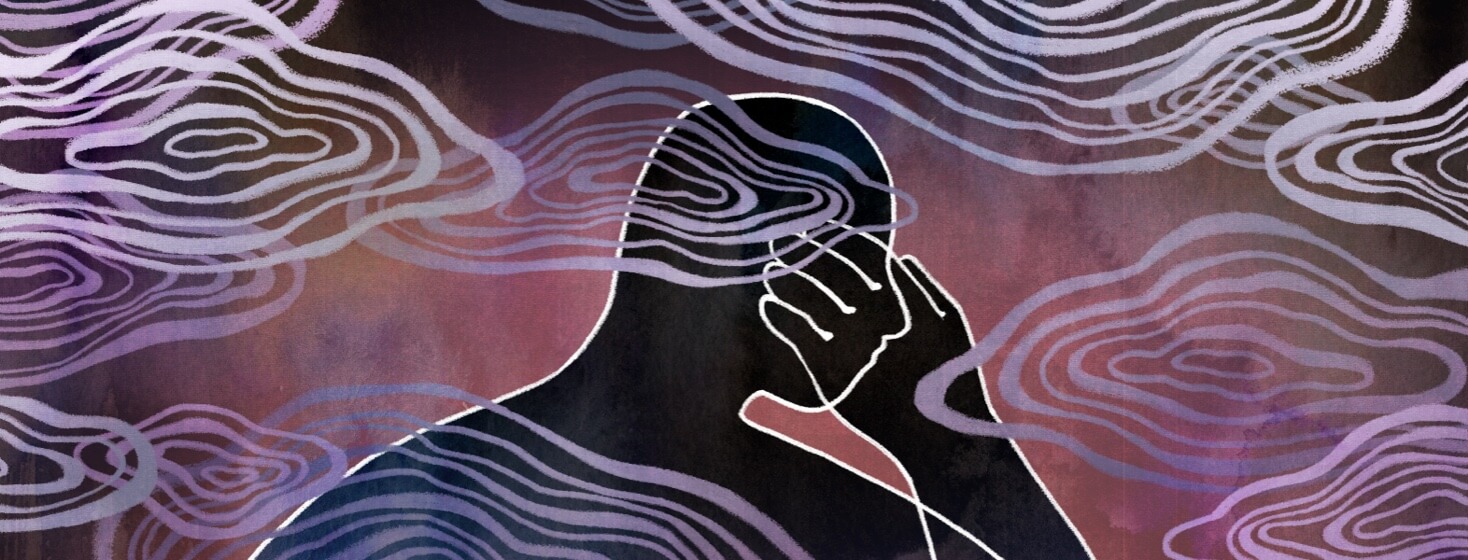Can Stress Directly Contribute to Heart Failure?
Cautionary claims to avoid working too hard is common in our society. Many people casually claim that stress, for example at work, can lead to heart attacks, and even heart failure. In Japan there is a term to describe death from overwork: karōshi.
The most commonly cited medical causes of karōshi are heart attacks and strokes. Essentially, these people are working long, unpaid hours, in excess of 150 hours a week at times. Can stress as a result of working too much actually lead to heart attacks, or is this an old myth?
What are stressors?
Stressors include any type of psychosocial factor that results in the release of stress hormones. This includes acute stress, for example, due to a natural disaster (i.e., earthquakes). It also includes chronic stress, such as being unhappy with a relationship, job, or financial status. Chronic stress also includes caregiver stress.
What the studies show us
Studies show that stress does indeed increase the risk of heart disease, but the exact mechanism is unknown. It is speculated that stress increases blood pressure, heart rate, and coagulability of blood.
Sibling study
One study examined siblings, with one sibling having an acute stress disorder, and the other sibling having no or limited stress. The researchers followed them for 10 years and found that the risk of heart attacks was much greater in the siblings who had a stress disorder. In fact, the risk of a heart attack was 60% higher in the sibling with stress!1
Natural disasters
Studies have also analyzed the risk of heart attacks after acute stressors, such as natural disasters. One study showed that the number of deaths related to heart disease that happened on the day of the 1994 Los Angeles earthquake was greater than other days.2 Another study showed that the number of admissions due to a heart attack was higher in New Orleans after Hurricane Katrina in 2005 hurricane compared to before the hurricane. This demonstrates that there is a link between heart disease and acute stress such as the stress of enduring a natural disaster.
What about karōshi?
Karōshi is likely a true response to stress, based on several studies. For example, in people who have already had a heart attack, those who returned to a chronic stress job have a greater risk of recurrent heart events than those who resumed a low-stress job.4 The Japanese government has started taking Karōshi seriously by raising awareness and imposing laws in an attempt to curb overworking.
What can you do to reduce stress?
For me personally, one of the most aggravating things is for people to casually recommend others to reduce their stress as if it is an easy overnight fix. Reducing stress is so incredibly challenging, and in some cases, requires a complete transformation of one's life. Sure, there are many interventions that can be trialed, such as reducing anger, relaxation techniques, exercise, and meditation, but it takes time to build these habits. However, it can be done and there are many people with success stories to prove it.
Do you believe that your heart failure was instigated by stress? If so, how do you manage your stress levels successfully?

Join the conversation